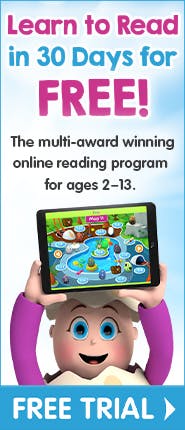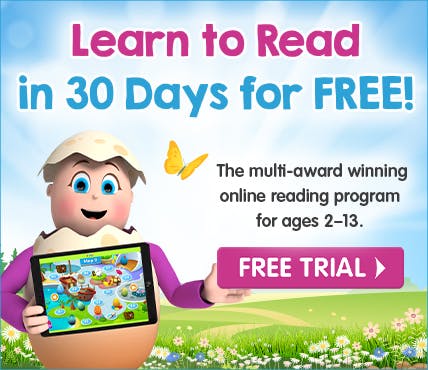


Reading and Writing

Literacy involves being able to both read and write; reading and writing are sister activities, if you will, in the family of literacy. In writing circles it has become almost commonplace that reading helps you become a better writer. But now, the same can be said for reading. A recent report funded by the Carnegie Corporation has found that writing can help you become a better reader.
Without question, the ability to read is essential for learning as we use the written word to communicate knowledge. But what hasn’t been as clear is how important writing is to the ability to read. The Carnegie study asked and answered three questions:
1. Does writing about material students read improve their reading comprehension?
The study found that, without question, writing about any area of learning improved the students’ comprehension of what they had read. Particularly when they:
Respond in writing to a text (including personal reactions, and conducting any level of interpretation of the text)
Write summaries of a text
Write notes about a text
Answer questions about a text
Ask questions of a text
The structure of the lessons in Reading Eggs encourages young readers to respond to what they have read. Reading Eggs uses a number of comprehension strategies that have been shown to be effective in improving student achievement. Students respond to texts in part by answering questions related to a text, and by also generating questions about a text. Also, a number of Reading Eggs comprehension strategies require students to have understood what they have read in order for them to correctly complete the texts that they are shown. In this way, Reading Eggs uses online writing tasks to help students assess their own comprehension of texts.
2. Does teaching writing strengthen students’ reading skills?
The study found that the reading skills of students are improved by learning the skills and processes that go into writing. This improvement is particularly seen when teachers:
Teach the process of writing, showing the structures of writing, how a sentence or paragraph is made. This greatly helps reading comprehension.
Teach spelling and sentence construction, which improves fluency.
Teach spelling skills, which improves word-reading skills.
In Reading Eggs, reading comprehension activities such as graphic organisers help students learn both about sentence structure, as well as story structure. Readers are asked to use graphic organisers to reorder jumbled sentences and stories. Readers must understand what they read on the sentence level, the text level, as well as the story level.
At the sentence level, students are asked to recreate sentences that have become muddled. This gets the students to focus on the syntactical structure of a sentence and how it is put together to make sense. At the text level students both ask and answer questions about what they have read. And at the story level, students learn about story structure by reordering stories into their correct sequence.
Reading Eggs also has an entire skills bank devoted to spelling. Students are encouraged to not only recognise words, but also the correct spelling of words, which aids fluency in both reading and writing.
3. Does increasing how much students write improve how well they read?
Improvement in reading is directly related to the amount of writing students do. Reading comprehension is directly improved by an increase in how often students produce their own written texts.
Reading Eggs encourages students to write as well as read. Students write their own stories in the Story Factory section of the programme. Every story that students submit to the Story Factory is also saved as an e-book on the bookshelf of the Reading Eggs house of their character. Writing stories within the Reading Eggs Story Factory helps students learn about the structure of stories, but also provides an enjoyable writing activity that directly relates to and rewards their reading.
Testimonials
Thank you so much, we are loving the Reading Eggs programme, and my daughter pleads with me every day to do it. Her love of books and the written word has gone to another level now, and the other day in pre-primary she received an honor certificate for showing an increased interest in words, reading and spelling. Which for us was also an indicator of how much she is loving this program…She is so keen and enthusiastic about the reading, the songs, the critters, the collecting of eggs and many more aspects of your programme. Well done and keep up the fantastic work!
- Lana
Reading Eggs has simply taken off in our school! It allows students to work at their own level and provides students at the lower end of the scale with the opportunity to gain success. The kids love the games, stories and different challenges!
- Claire Badrock, Meekatharra School of the Air


